“We are all Monsey, we are all Crown Heights, we are all Williamsburg…we are all Jersey City, we are all Poway…we are all Hasidim…we are all Jews,” shouted activist Devorah Halberstam to a crowd of 20,000 assembled in Brooklyn on January 6, 2020, protesting the epidemic of anti-Semitic violence in the New York area and elsewhere. I could not agree more. But are we? “Our community is a complicated one,” Eric Goldstein, CEO of the United Jewish Appeal-Federation of New York, opined. A true statement. But in a world in which any Jew is a potential target of anti-Semitism, it is the most visible Jews who are most threatened. Jews with black hats, with tight curls hanging down below their ears and black coats and women wearing modest head coverings, they are the most vulnerable. Jews in synagogues. In Brooklyn, as in Jersey City and Monsey, violence against individuals in their Hasidic communities is almost an everyday event. If someone wants to do harm to a Jew, Hasidic Jews and their communities are and have become easy targets. The rest of us blend in. And it’s complicated. Most of the Hasidim live apart in tightly knit communities. Some, as seen in a photograph of the aftermath of the Jersey City shooting, have their own emergency response groups. They stay apart from the rest of us Jews because they want to. Conversely, the great majority of American Jews, even religious Jews, do not identify with the Hasidim. To paraphrase the Biblical passage, we are a people living apart – from each other.
So what can it possibly mean that we are “all Hasidim” when Hasidic Jews are content to go their own way and don’t want or consider themselves, to be part of a larger Jewish community, and non-Hasidic Jews of nearly all stripes largely have nothing to do with Hasidim? Do we really stand together? Do the Hasidim care what happens to us? Do we care what happens to them? Or are we mainly invoking the Hasidim because if they come for them, the rest of us are not far behind? Conversely, did anyone spot any Hasidim at that New York rally?
First, let us recognize that Chabad Hasidism has created a worldwide network for shluchim whose raison d’etre is to reach out to every Jew to bring them closer to Yiddishkeit. But this does not mean that Chabad or any other Hasidic group really interacts institutionally with non-Hasidic Jews or each other. There is, in fact, a huge chasm between the Hasidim and even non-Haredi Orthodox, let alone other denominations and unaffiliated Jews.
If one pays attention to the responses to the recent surge in anti-Semitism in New York and elsewhere, the two main responses are self-protection, principally of one’s own synagogue, JCC or school, and seeking governmental help to provide security, either directly or financially. And this goes as well for the Hasidim. But despite the inspiring rhetoric that “we are all Monsey,” what is anyone on either side of the Hasidic-non Hasidic divide doing to reach out to the other?
Rav Joseph B. Soloveitchik, the leader of Modern Orthodoxy for half a century, in a 1954 essay, distinguished between the kehillah, by which he meant Jews who consider themselves bound by faith in the covenant at Sinai, and the am, the Jewish people – all Jews bound together by fate – in other words by the hatred Jews have confronted for centuries that does not distinguish between one Jew and another. The Rav believed that whatever their faith, Jews share the same fate and must ban together to survive. It is time for Jews to start working together to face the challenges they all are fated to confront, together or apart.

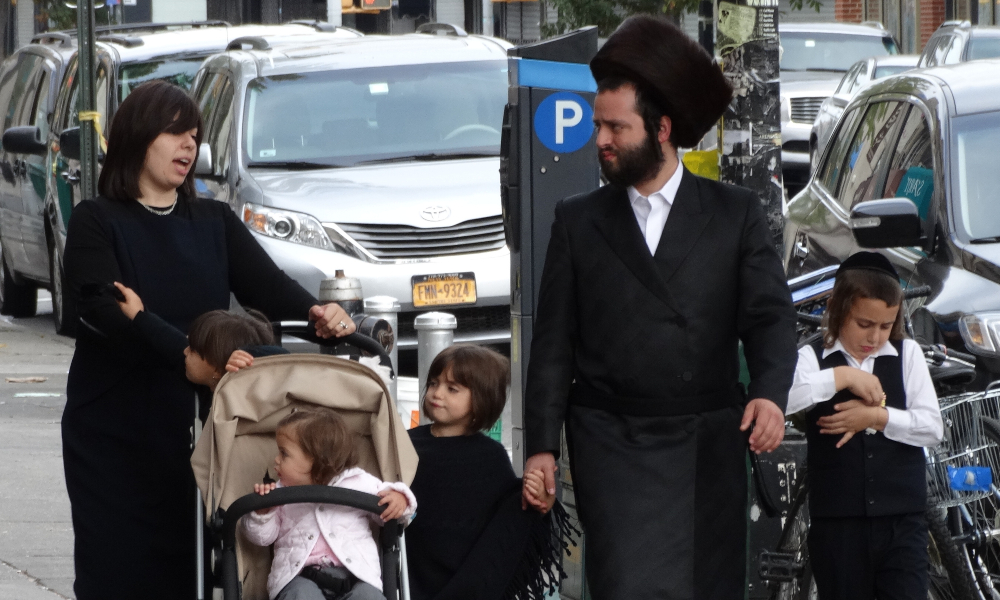

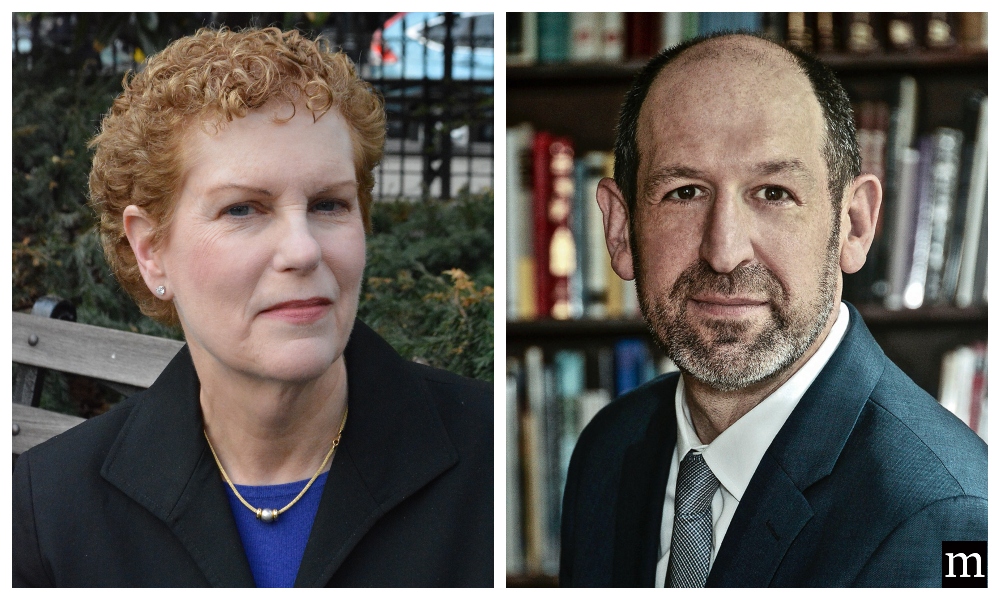






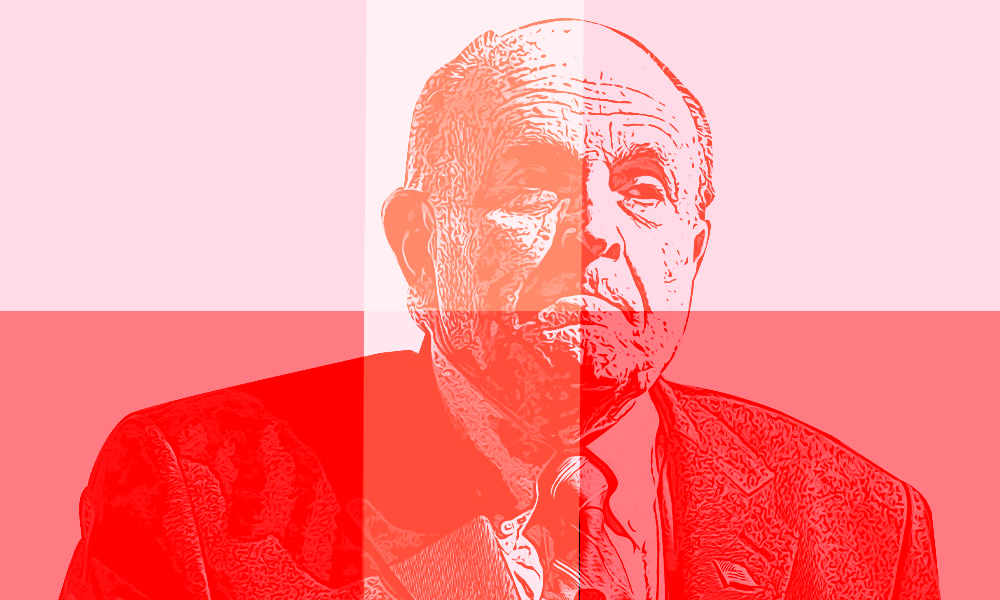
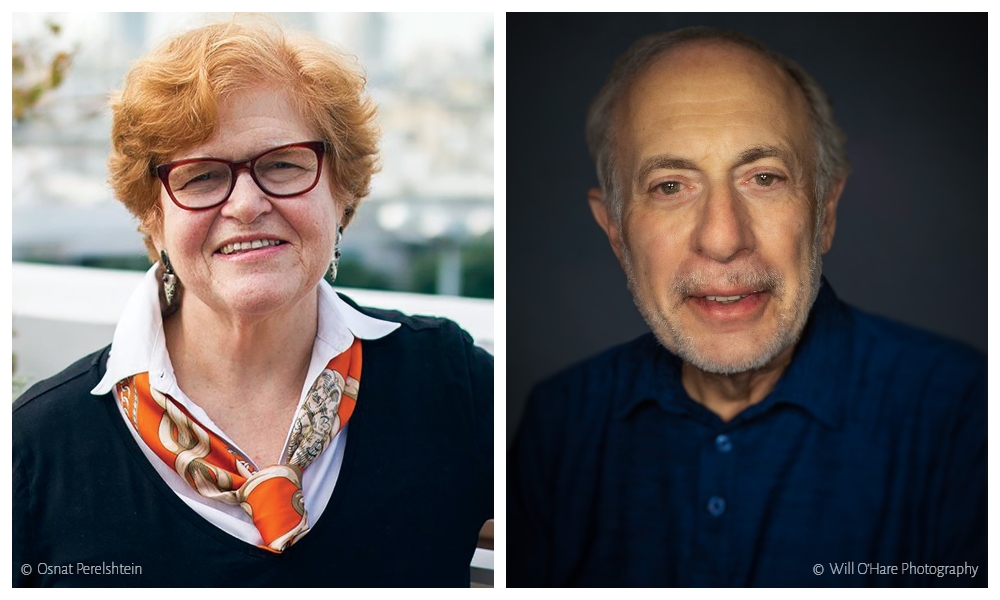

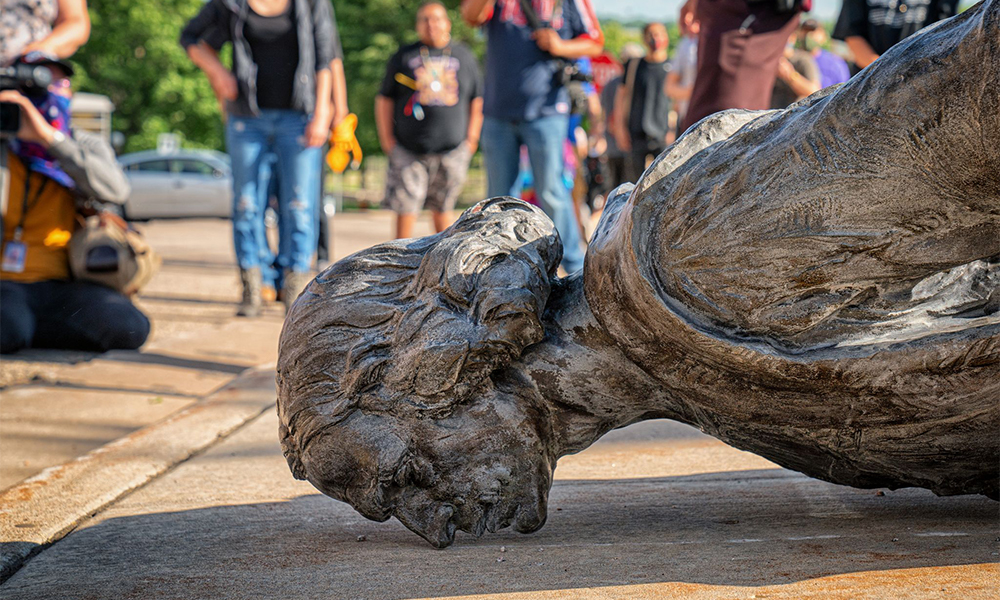
Most definitely, we are NOT all Chassidim. The word means pious. An inherent personality trait of that piousness is humility, which is complete anathema to what it means to be a Reform or Conservative Jew. Without the bittul that is essential to chassidic philosophy and practice, the piety by which chassidic practice is defined is not possible.